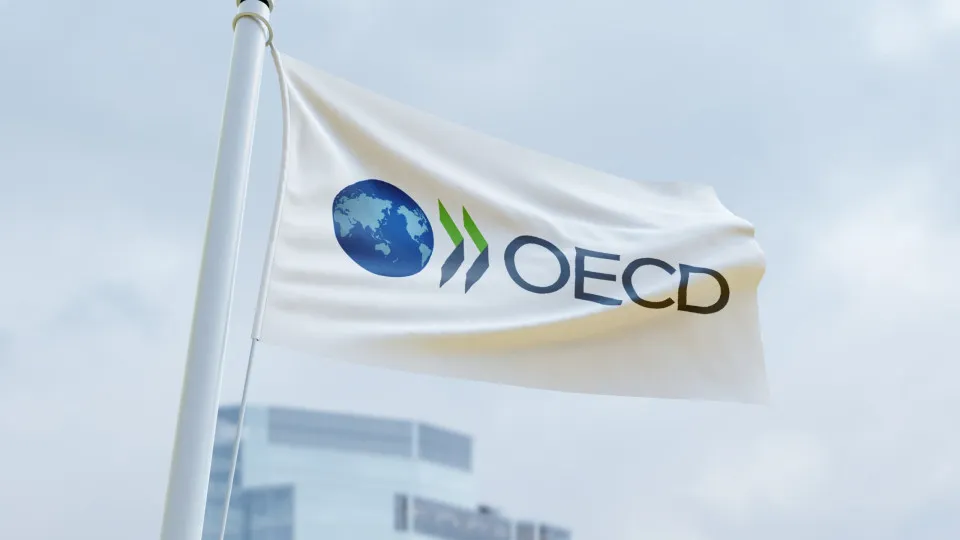
The year-on-year inflation rate across the Organisation for Economic Co-operation and Development (OECD) remained “virtually stable” at 4.1% in July, slightly down from 4.2% in June. Inflation accelerated in 10 countries, including Portugal, while it decreased in 12 countries, as per recent announcements.
The OECD reports that since March 2025, its inflation rate has fluctuated between 4.0% and 4.2%. Among the countries experiencing a rise in inflation in July, Slovenia saw the most significant increase, with a 0.6 percentage point jump.
Portugal’s year-on-year inflation, measured by the Harmonised Index of Consumer Prices (HICP), rose from 2.1% in June to 2.5% in July.
Conversely, among the 12 countries where inflation fell, the most significant decreases, over 0.5 percentage points, occurred in Mexico, Poland, and Turkey.
The remaining 16 OECD countries recorded “stable or broadly stable” inflation rates.
Turkey was again the only OECD country to record double-digit inflation, whereas Costa Rica was the sole country to experience deflation, with an overall inflation rate of -0.6% in July.
This marked the third consecutive month of deflation for Costa Rica, driven recently by stabilizing food prices, persistently negative energy inflation, and core inflation (excluding food and energy) nearing zero.
Food inflation in the OECD remained broadly stable at 4.5% in July, compared to 4.6% in June.
In contrast to June, food inflation rose in most OECD countries (21), with only 12 experiencing a decline and five showing little change.
Core inflation remained broadly stable at 4.4% in July, compared to 4.5% in June.
Energy inflation in the OECD slowed to 0.3% in July, down from 0.9% in June.
In the eurozone, year-on-year inflation, measured by the Harmonised Index of Consumer Prices (HICP), remained stable at 2.0% in July.
Food inflation rose to its highest level since February 2024, while the decline in energy prices slightly slowed, and core inflation remained stable.
According to the provisional estimate from Eurostat, in August 2025, the overall year-on-year inflation in the eurozone remained broadly stable at 2.1%, with unchanged core inflation and slower rate of decline in energy prices.
It is estimated that inflation, as measured by the HICP, rose in Germany in August.
In the G7, overall and core inflation remained stable at 2.6% and 3.0%, respectively, in July compared to the same month in 2024.
Overall inflation decreased by 0.2 percentage points in both Canada and Japan, as the slowdown in energy inflation more than offset the rise in food inflation, but remained stable or broadly stable in other G7 countries.
Core inflation continued to be the primary contributor to overall inflation across the G7, except in Japan, where the combined food and energy inflation had a more significant impact.
In the G20, year-on-year inflation remained broadly stable at 3.8% in July.
Overall inflation rose in India, Indonesia, and South Africa, while it decreased in Argentina (where it remained above 35%), Brazil, and Saudi Arabia.
In China, overall inflation continued to hover around zero.




